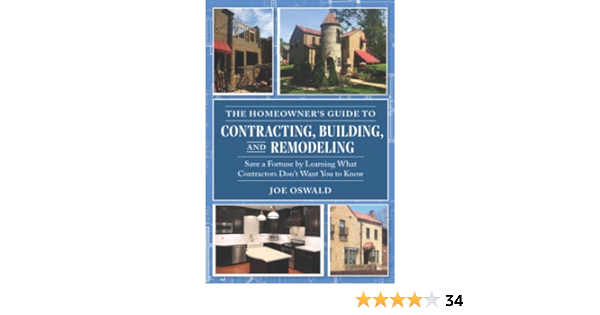

Before hiring, homeowners should check for poor reviews online. They need to scrutinize the contractor’s portfolio. Unmet deadlines and substandard work are key warning signs to watch for.

Homeowners should check online reviews before hiring. Sites like Yelp and Google provide insights. Look for patterns of complaints. Frequent negative feedback is a significant red flag. Avoid such contractors.

A homeowner should examine a contractor’s past projects. Look for consistency in quality. Verify the types of projects completed. Ensure the portfolio aligns with the homeowner’s renovation needs.

Clear communication is vital. Homeowners should set expectations and establish a protocol. Regular updates prevent misunderstandings. Address concerns promptly. Effective communication ensures smoother renovations, reducing stress and conflicts.

Homeowners should outline project specifics. Details such as timelines, budgets, and materials are crucial. Clear expectations prevent confusion. Documenting these agreements helps ensure all parties are aligned.
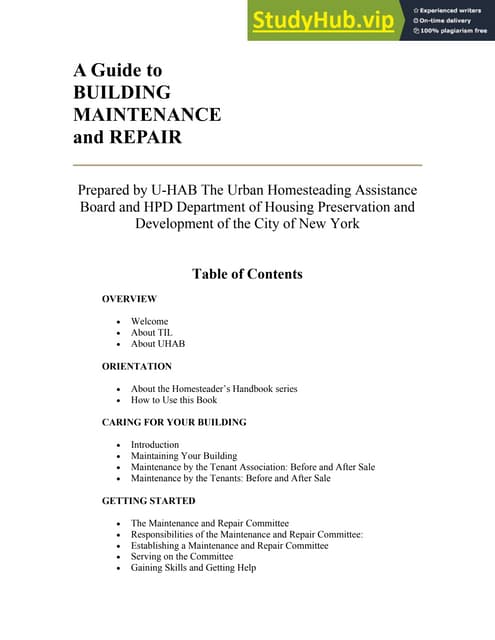
Regular updates are essential. Homeowners and contractors should schedule weekly meetings. Utilize emails for daily questions. Immediate issues? Phone calls work best. Good communication prevents misunderstandings and keeps the project on track.

Delays in renovations are inevitable. Homeowners should adopt a flexible mindset. Clear, proactive communication with the contractor can help manage setbacks. Preparation for unforeseen issues ensures smoother transitions.
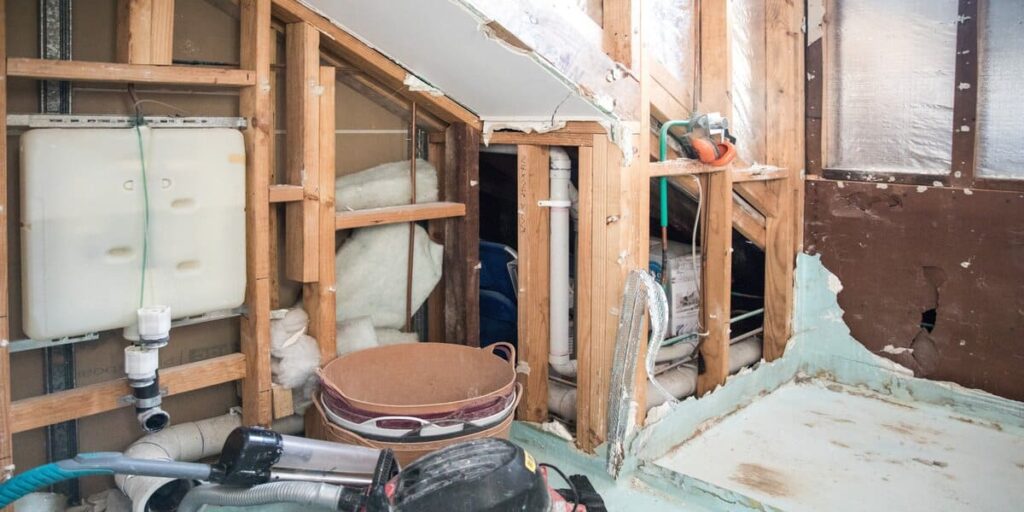
Daily check-ins are crucial. Proactive measures can minimize delays. Homeowners should document all progress. Address setbacks immediately. Stay flexible and communicate regularly with the contractor to ensure timely resolutions.

Homeowners should always expect the unexpected. Set aside a contingency budget. Stay flexible with timelines. Regularly update plans as new issues arise. Be ready to adapt quickly.
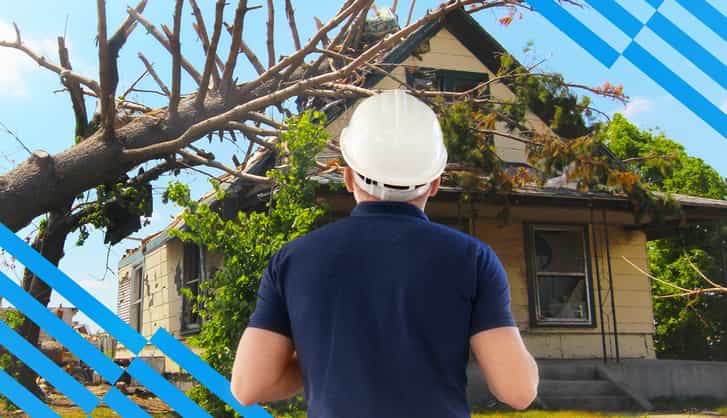
Homeowners should regularly inspect the work site. Ensure all tasks meet quality standards. Address any issues immediately with the contractor. Use a detailed checklist to verify all aspects.
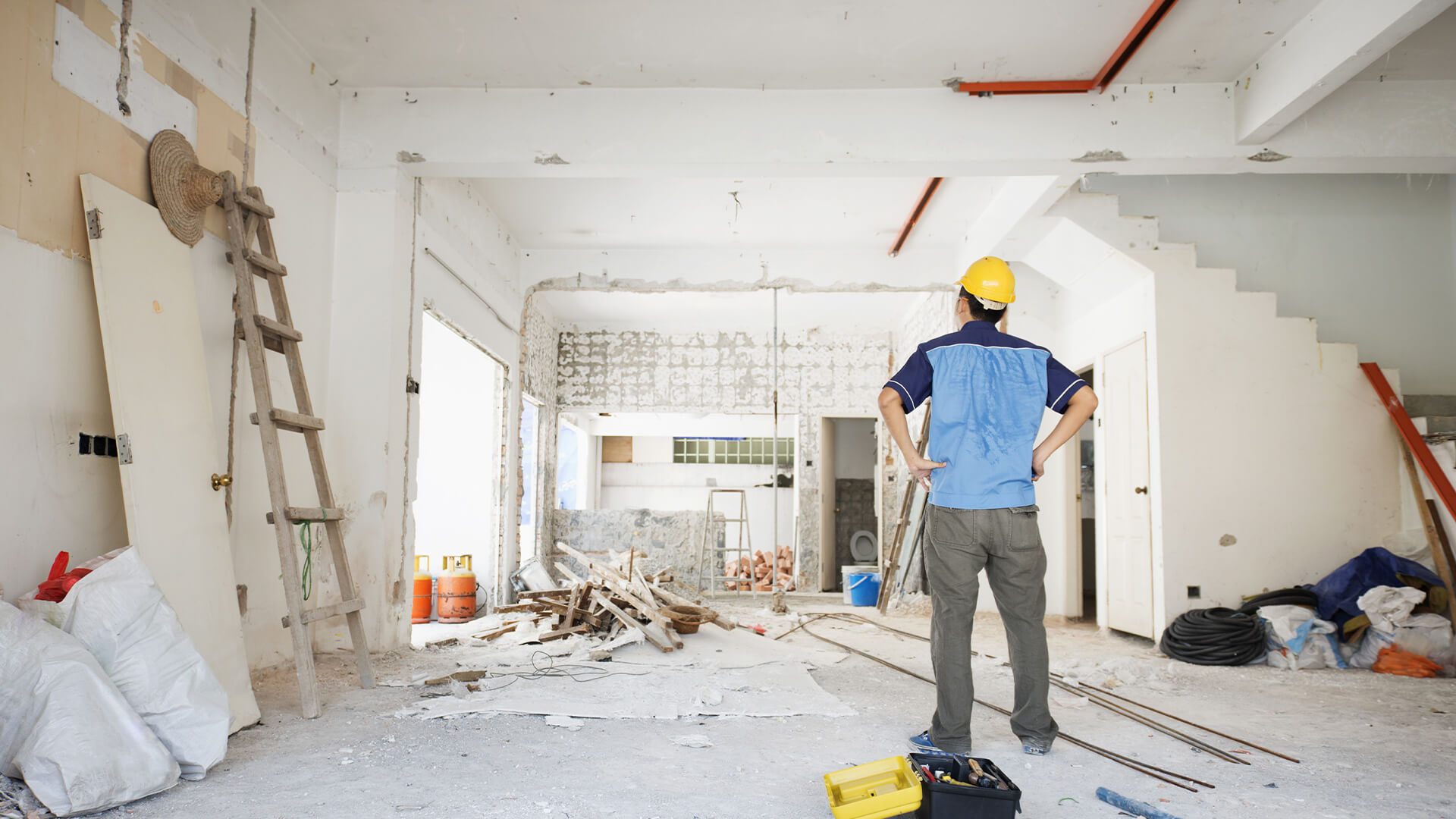
Homeowners should consistently evaluate the work site. They must check that all tasks meet agreed-upon standards. Any issues should be addressed promptly with the contractor to maintain quality.

Homeowners should immediately bring up any subpar work with the contractor. Clear, documented communication is key. Request corrections and set deadlines to ensure issues are promptly addressed.

Payment conflicts can cause stress. It’s essential to keep detailed records and remain professional. Review contract clauses carefully, and if needed, consult a legal expert for guidance.

Homeowners should document all payments and communications. Keeping a clear record helps in disputes. If a conflict arises, referring to the contract terms is essential for resolution.

Homeowners should scrutinize every contract clause for clarity. Clarification ensures no misunderstandings. Knowing legal recourse options prepares owners for disputes. Consulting a lawyer can provide valuable insights and protection.

Homeowners should try negotiating solutions directly with the contractor. If that fails, seeking mediation or legal action might be necessary to resolve disputes effectively and protect their interests.

Homeowners should begin by discussing the issues calmly with the contractor. They should clearly express their concerns and propose practical solutions. A written agreement can help solidify any resolutions.

If negotiations fail, homeowners should consider mediation. It’s less costly and time-consuming than court. If that doesn’t work, pursuing legal action might be the next step. Always consult a lawyer first.



